filed reply comments urging the Federal Communications Commission (FCC) to modernize Lifeline to help make broadband more affordable for low-income consumers..
In its reply comments, NHMC applauded other organizations that urged the Commission to:
- Create a national third-party entity to verify program eligibility.
- Facilitate choice by allowing consumers to apply the Lifeline discount to the service plan of their choice.
- Examine minimum standards and consumer disclosures for any Lifeline-eligible service plan.
- Institute policies that prevent eligible customers from being de-enrolled from the program.
"The record in this proceeding continues to grow and hundreds of groups are now on the record in support of Lifeline and urging its prompt modernization to support broadband," said Michael Scurato, Vice President of Policy for NHMC. "Momentum continues to build towards a comprehensive update of Lifeline that would put broadband Internet access within reach for millions of families."
Yesterday, in addition to numerous other reply comments filed by interested parties, more than 140 groups that work directly with low-income communities
filed a letter "support[ing] the Federal Communications Commission's proposal to modernize the Lifeline program this year by including in it, for the first time, a subsidy to defray the cost of broadband access for low-income households."
NHMC has long supported the Lifeline program as a means of economic empowerment for millions of low-income Americans and has participated in many FCC proceedings and
testified before Congress on the topic.
Lifeline currently provides a modest $9.25 subsidy to low-income families to afford basic landline or wireless phone service.
NHMC had
previously filed initial comments asking the FCC to adopt evolving minimum standards for certain Lifeline-eligible plans. NHMC also called upon the FCC to reject a cap or strict budget that would severely limit the reach of the Lifeline program.]]>
